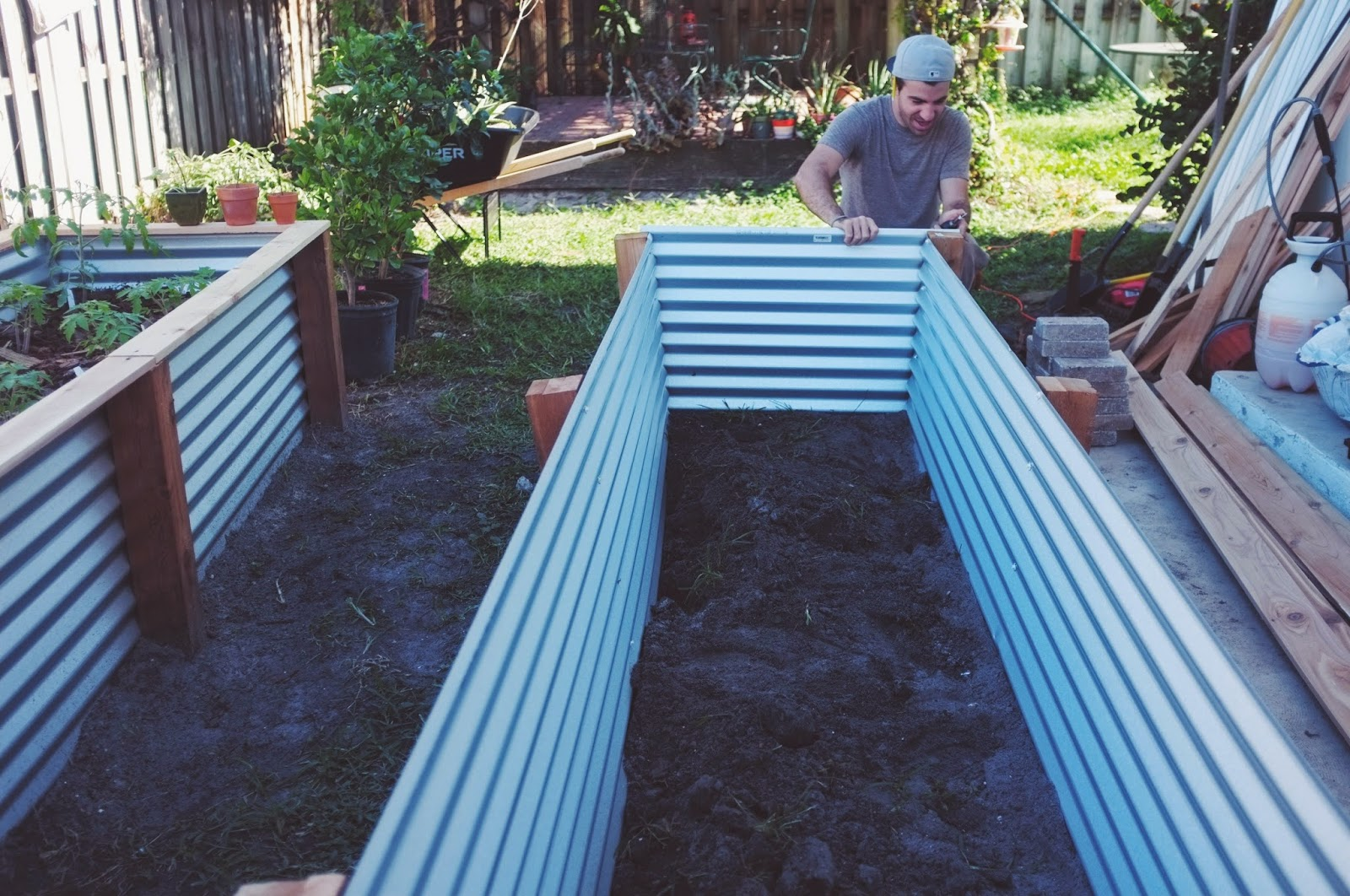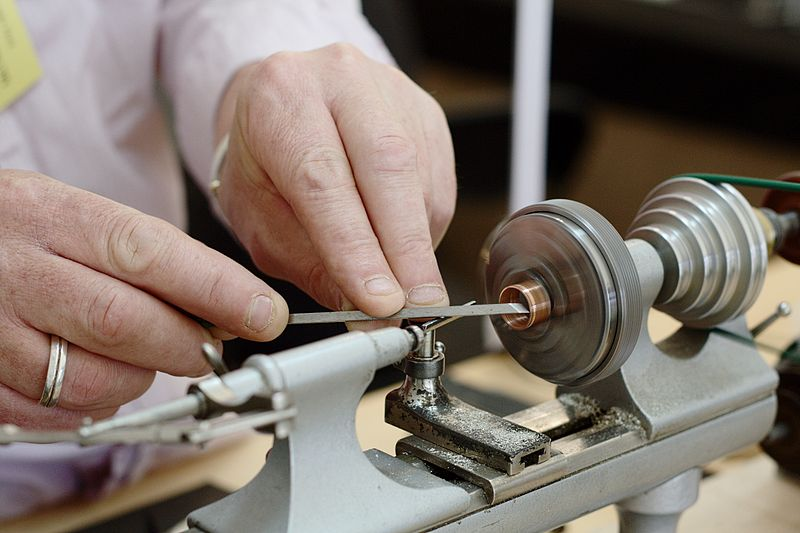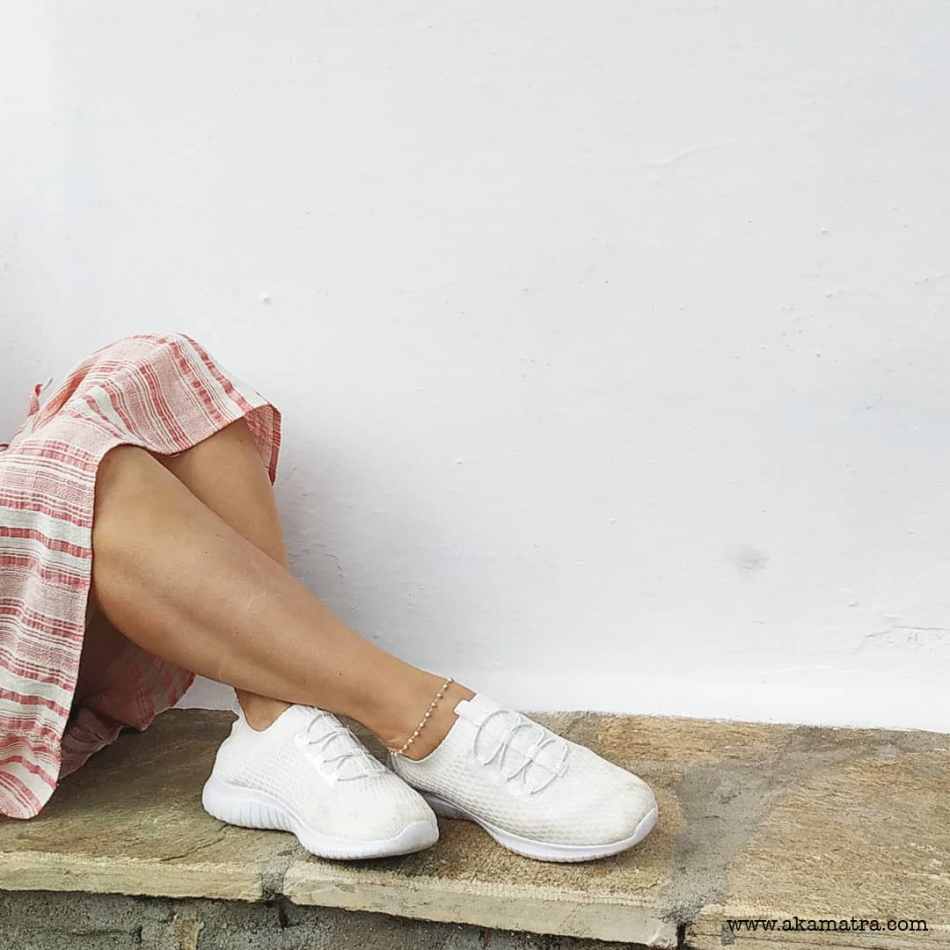Hello darlings, I know the weather isn't helping very much but it's a good time to plan ahead for the spring and any jobs that need to get done in the house. Are you thinking of getting involved in some DIY at home? If your work is going to involve metal, then there are definitely a good handful of precautions that you need to be taking to ensure the job is done properly and safely. Here's a list I put together.
Get help if you need it
As with any DIY job, you should really get to know your own limits. When you’ve gotten a thorough plan down, you need to be honest with yourself and make sure you’re really ready to take on such a project. When you’re working with metal, chances are the project you’re taking on is going to be quite big and complex. Getting assistance may not be as expensive as you think, either. If you need to construct a steel building, for example, then getting help for it is definitely reasonable. Check out some steel building reviews for more details.
Stay sharp
Metal can be pretty dangerous, so you need to keep your wits about you at all times. When you cut metal, it can become incredibly sharp. There are also all the sparks to consider - presumably, you don’t want to start any fires on your property. So if you want to make sure you still have all your fingers, limbs, and eyes by the end of the project, then you need to make sure you’re properly equipped to do the job safely.
Color it properly
You may want to keep the metal uncolored. In fact, most renovation or fix projects that involve metal will usually skip coloring altogether. But if you are going to color the metal, then you need to be careful. The wrong kind of paint will not only not last very long, but could actually cause damage to the metal over time. Instead of traditional wet paint, you may want to consider powder coating the metal. This is especially useful for domestic projects where you need to reduce the amount of mess and waste you’re creating.
Protect it
Metal isn’t really as strong as a lot of people think it is. Most types of metal and very susceptible to erosion. Even metal that doesn’t look like it’s becoming chipped or rusted may be weakening due to prolonged exposure to harmful elements such as persistent heat or cold. The key to doing this properly is to understand the problems that the specific metal you’re working with may be susceptible to. Then you can start taking the appropriate measures to ensure that the metal you’re working with won’t corrode in the near future.
Recycle what you don’t use
Last, but certainly not least, is the issue of recycling. You’ve no doubt heard about the myriad problems we’re inflicting on the environment, right? Well, you don’t exactly want to be adding to the problems by throwing any excess metal in the garbage. No matter what state that bit of metal might be in, it’s going to be useful for something. So make sure you’re prepared to recycle any metal that you don’t end up using. An easy way to do it if you don't want to get involved yourselves is to give it away to one of the people looking for scraps in your neighborhood. In mine there is one the comes by in his car at least once a day!
Have fun and stay safe!
Lot's of love


















